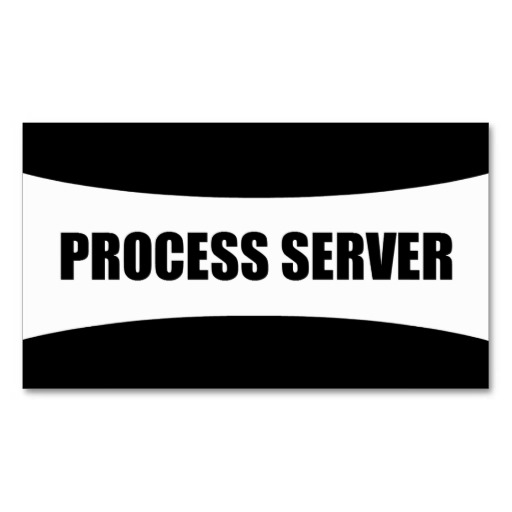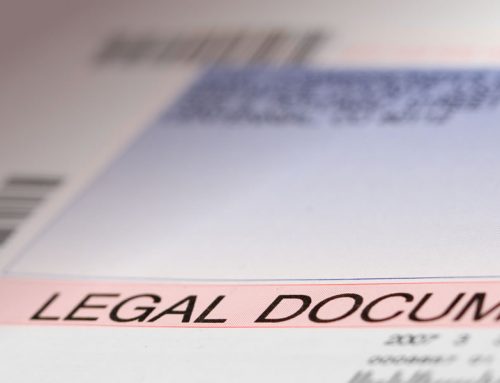How to Obtain and Serve a Non-Molestation Order, if you are unfortunate enough to be a domestic violence victim, you can apply for an injunction or ‘non-molestation order’. A non-molestation order can be used to protect you and your family from harm or from being threatened by your abuser. If the person named in the order breaks it, they can be arrested.
So, how do you go about obtaining a non-molestation order and how is it served?
Who Can Be Served With a Non-Molestation Order?
You can apply for a non-molestation order if the perpetrator of the domestic violence (the ‘respondent’) is:
• Someone you are currently living with or have lived with in the past
• A member of your family
• Someone you are in a relationship with or have had a relationship with
How to Apply for a Non-Molestation Order
You should consult a family law solicitor who will apply for to the courts for a non-molestation order on your behalf.
You will need to make arrangements for a copy of your witness statement and application to be served on the respondent. Having these important documents served on the respondent ensures that they receive a copy in person.
The documents can be served by the court or you can choose to serve the documents yourself. The best thing to do here is to ask professional process servers to serve the documents for you. You will need to download and complete a statement of service informing the court how the documents were served.
In Court
In general, your hearing will be held privately ‘in chambers’, with just you, the respondent and your respective legal representatives present. If the court issues a non-molestation order, you will be given a copy of it. The order will state what the respondent may and may not do.
After the hearing, you must have the order served on the respondent to ensure they get a copy in person. The court could serve the documents for you or, as before, you could arrange for professional process servers in Liverpool to serve the documents for you. This is usually the best course of action as it means that you won’t find yourself in a potentially dangerous confrontational situation with the respondent.
For more information and advice on how your non-molestation documentation can be served on your respondent, contact us today.




